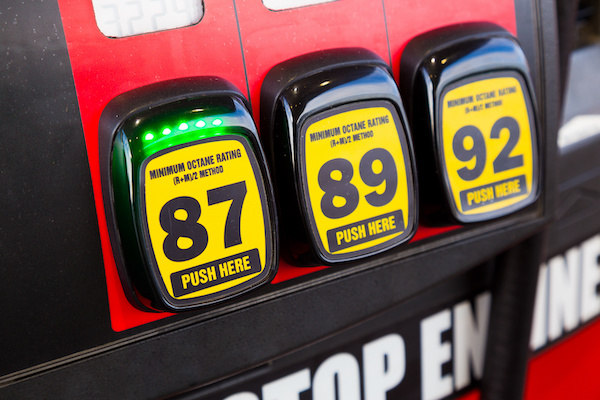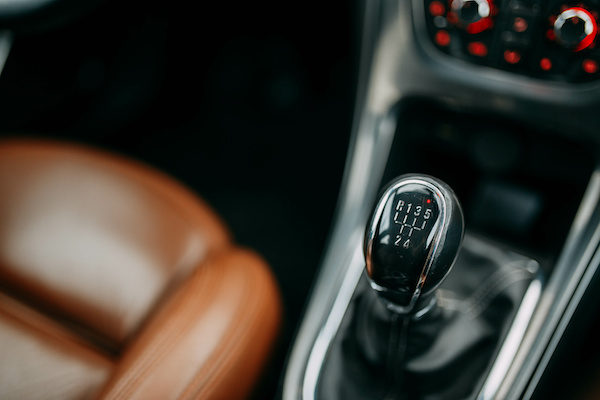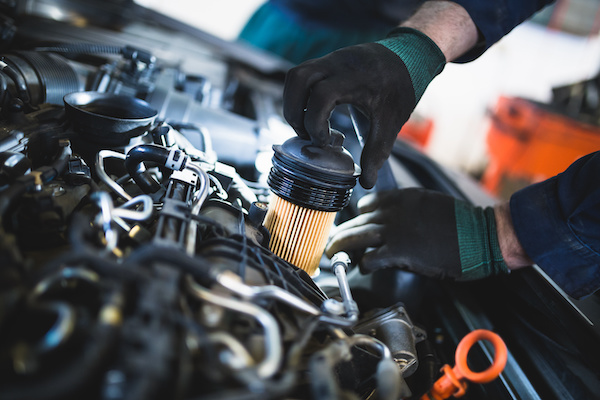Posted on 11/29/2021

Your car is a considerable investment that is supposed to last you for years and years. This is why most drivers justify wanting to give it the absolute best in terms of maintenance, washes, and even fuel. But in the matter of gasoline, you do not need to spend any more at the pump than you should. There's a common misconception that premium gasoline, the fuel with the highest price tag, is the best gasoline out there! While it is best in terms of octane levels, it doesn't mean it's better for your vehicle. Higher-octane fuel is designed for high-performance or turbocharged vehicles with complex engines. If your car requires it, you should absolutely use it. However, if your manual says that you only need regular, don't spend any more money than you have to. If you're wondering whether your vehicle needs premium fuel or if it's just a recommendation, here are some ways to tell. Some manufacturers have labels near the fuel cap or fu ... read more
Posted on 10/27/2021

You've probably smelt an unusual smell mid-drive before, and most of the time, odors go away after a couple of minutes. However, if you begin to catch the smell of engine oil in your cabin, it probably has to do with an oil leak somewhere in your BMW. Especially if you continue to detect the strong smell and it does not go away, it can mean serious business for your bimmer. Regardless of the cause of your leak, the best way to get down to the bottom of it is by taking it to Bimmer Motor Specialists. Our expert team, specializing in BMWs, can perform a full-point vehicle inspection to understand the issue at hand better and work together to patch up the problem. Below are several of the most prevalent explanations for an oil smell in your vehicle: An oil leak escapes into the BMW's exhaust system. A poorly executed oil change. An unprofessional oil change can cause an oil smell to emanate if the oil is spilled onto other vehicle parts under the hood. A clog ... read more
Posted on 9/28/2021

The transmission in your car is directly related to how much power is distributed to your wheels. Whether you have a manual transmission or automatic transmission, you need to effortlessly shift gears to perform the essential functions of your car. So what does it mean when you start to feel shuttering or shifting becomes harsh? There are a couple of possible reasons behind that issue, and being able to uncover them will allow you to know if you need transmission repairs. LOW FLUID LEVELS Your first thought should be to check your transmission fluid when you experience shuddering when you shift gears. In order to function smoothly, the transmission needs to have an adequate amount of liquid. Different vehicle manufacturers have varying recommendations for when you should change or replace the transmission fluid. So you should always reference your owner's manual for the exact number interval. When inspecting the fluid levels, you will want to note two things: the levels and the ... read more
Posted on 8/30/2021

Every time you step into a motor vehicle, you're putting your life on the line. We cannot control or predict how other people drive, but there are things you can do to maximize your safety. Accidents happen every day because of the handful of people who like to speed and drive recklessly. To ensure your safety, practice defensive driving! These are the advantages of defensive driving: It prevents points from going on your driving record It can save you money on accident fees It can give you a discount on car insurance An overall sense of responsibility Top Tips on Defensive Driving Plan Ahead - Defensive driving can take place as soon as you step into your car. If you have a phone, try to get in the habit of checking weather conditions and traffic conditions before your commute to avoid unexpected surprises. Always Check Blindspots - Regardless of whether you are changing lanes or merging onto the freeway, you should always check your blind spots. Pause Before ... read more
Posted on 7/26/2021

We are all familiar with an oil change, but did you know that you have to get your oil filter changed too. As your engine operates, dirt and debris seep into the oil, and oil sludge can build up as a result. Fortunately, motor oil contains surfactants that move the contaminants through the oil filter. Consequently, an oil filter can eventually get clogged up — so much so that oil cannot flow freely through the filter material anymore. Once your filter becomes clogged, dirty oil will be circulating through the system, making the engine run inefficiently. Modern vehicles typically have longer recommended oil change intervals. They can sometimes go up to 5,000, 10,000, and even 15,000 miles before needing an oil change due to synthetic and synthetic blend oils. Of course, you need to follow the manufacturer's recommendations on what type and grade of oil should be used — but you also need to use higher quality and higher capacity oil filters. A standard c ... read more